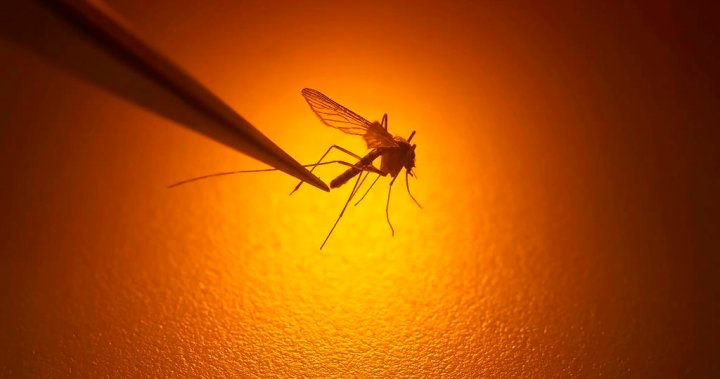It’s a story with sting: How a grassroots movement in the North Okanagan is successfully battling B.C.’s alternative approval process.
Last fall, the Regional District of North Okanagan (RDNO) began the political process of trying to push through mosquito control in the region of Electoral Area F.
The cost was pegged at $289,000, with those costs being passed onto area residents. The regional district estimated that average homeowners would annually pay an extra $99.95 in residential taxes.
According to the regional district, “the goal of the mosquito surveillance and control program is to provide residents, workers and visitors to the RDNO relief from widespread, extreme, or persistent adult mosquito nuisance and reduction of potential disease vectors.”
To get its way, the RDNO brought out the alternative approval process — an often-used legal end-around that benefits local governments, as it puts the onus on residents to say no to whatever’s being proposed.
Get the latest National news.
Sent to your email, every day.
To defeat the move, at least 10 per cent of an area’s residents must sign a petition before a set date. If that doesn’t happen, the proposal, via the AAP, automatically passes.
In fact, the regional district automatically assumes you’re in support if you don’t sign an opposing form.
In this case, the RDNO had a deadline of Dec. 18, 2023 for bylaw 2973.
However, if 10 per cent or more register and say no — which is what happened in Electoral Area F — then one of two things happen: the proposal dies or it goes to a referendum.
On its website, the RDNO said “the process was unsuccessful,” adding the board of directors then voted in favour of moving to a referendum.
The area has 3,871 eligible voters, with 1,187 voters registering opposition, or 30.7 per cent; well above the 10 per cent threshold of 388 voters.
And Wednesday was the first day of advance voting. Another advance voting day will take place on Wednesday, Feb. 28. General voting day will be Saturday, March 2.
The vote is expected to cost $30,000. If it fails, it will be allocated to general revenues. But if it passes, it will be added to the mosquito control service.
An area resident, Ed Repka, said he and his wife both oppose the bylaw.
“Mosquitoes are part of nature,” Repka said. “And it’s a waste of money, forcing everyone to pay for it as only a certain amount of people will benefit from it.”
More information about the issue, including where to vote, is available online.
© 2024 Global News, a division of Corus Entertainment Inc.


